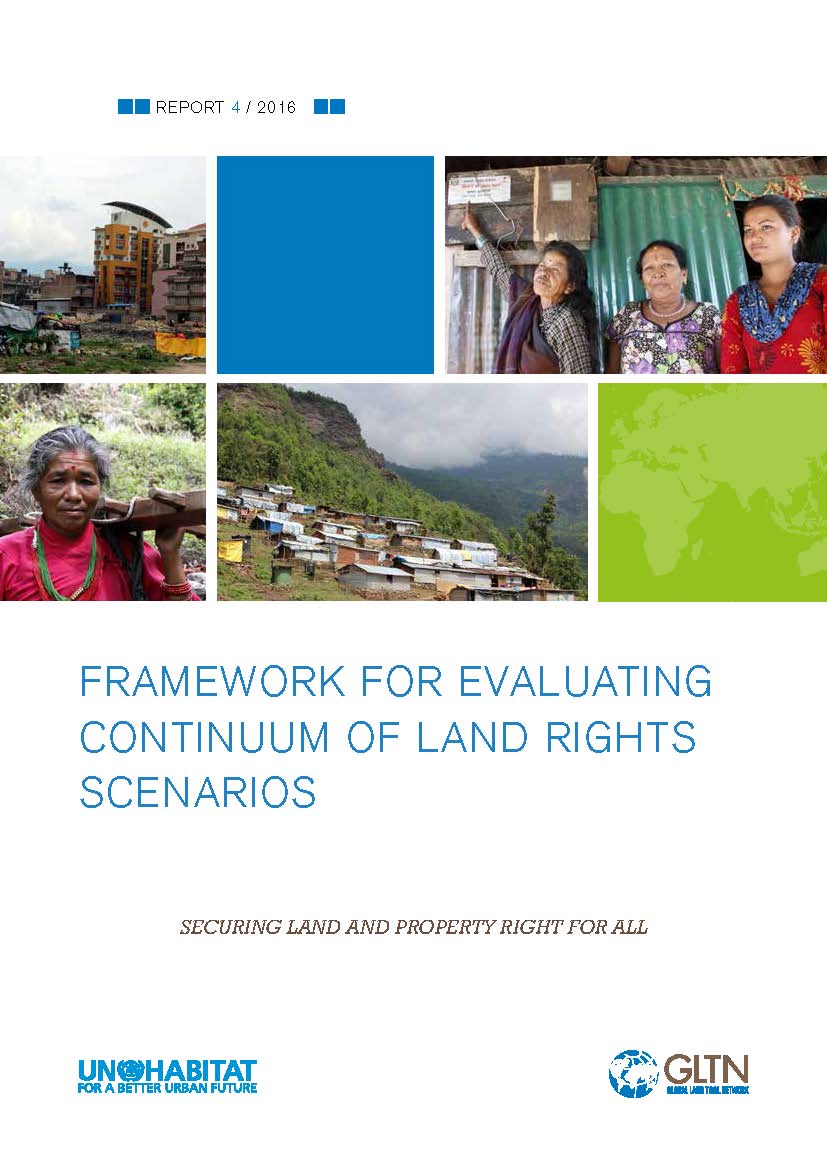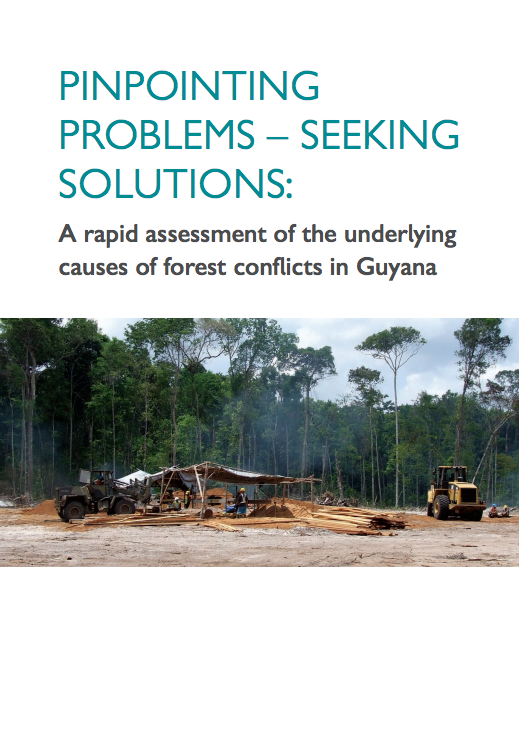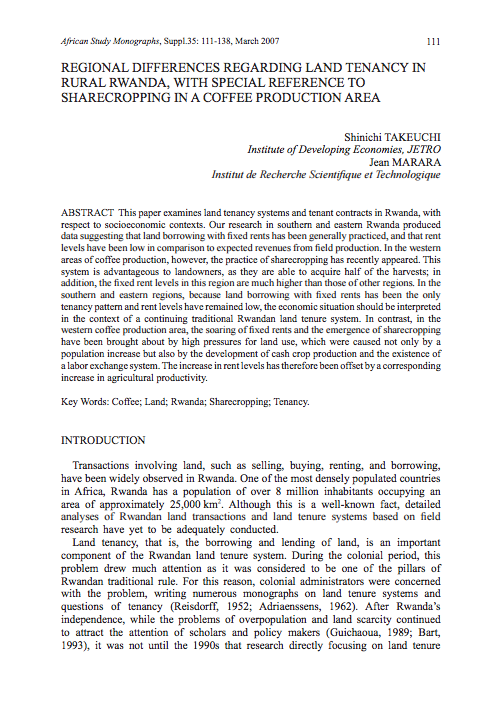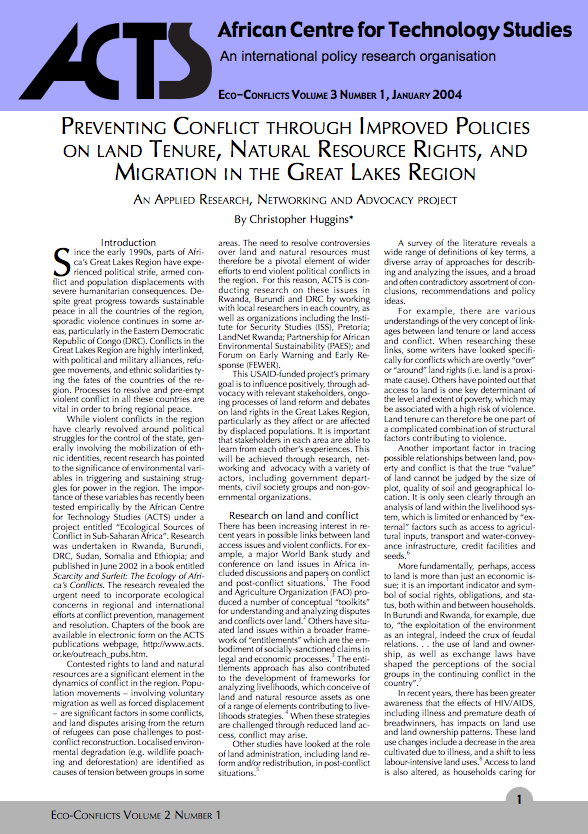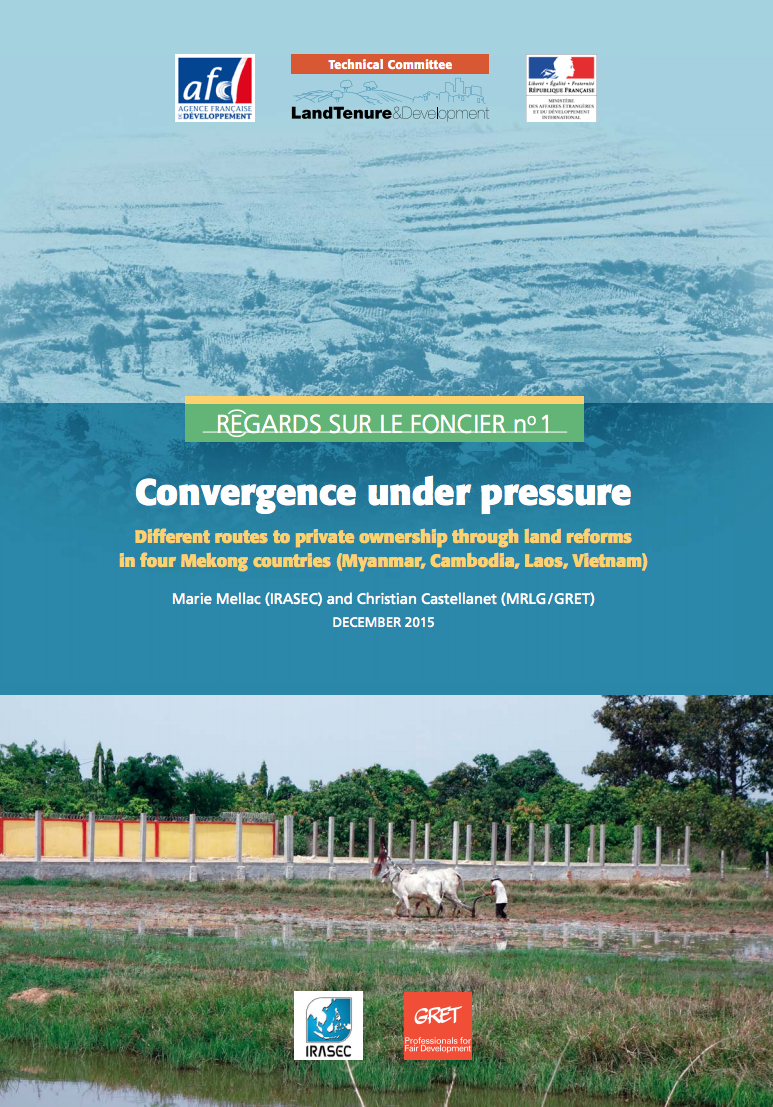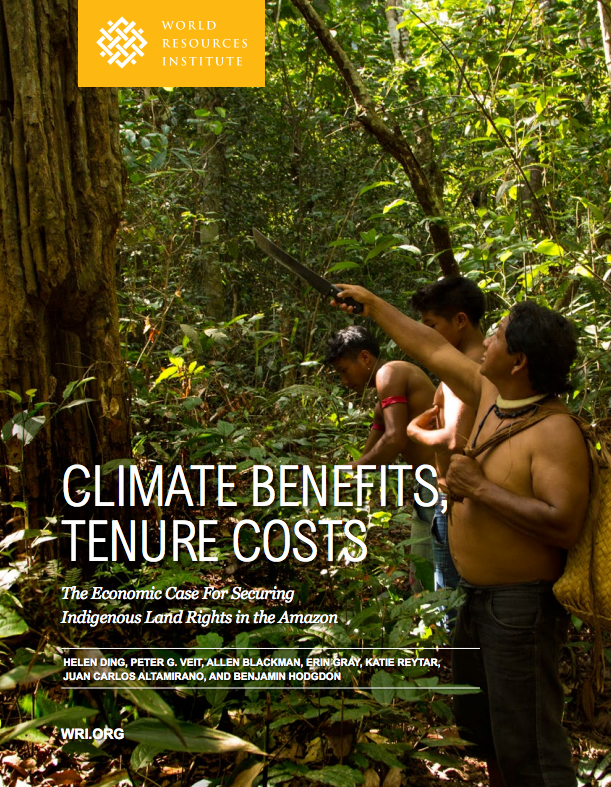Framework for evaluating Continuum of Land Rights scenarios
This report develops a framework for evaluating continuum of land rights scenarios. Building on existing evaluation initiatives that focus on land tenure and the associated administrative systems, the report addresses an important gap by providing a framework for evaluating land rights scenarios along the continuum of land rights according to the purposes of a particular evaluation.

